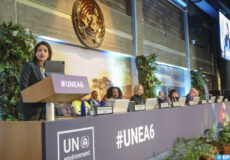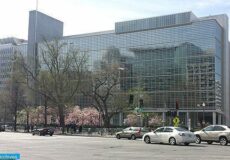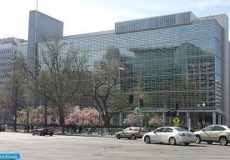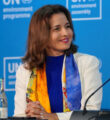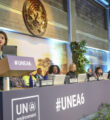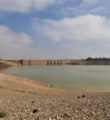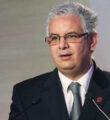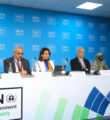WB Supports Morocco’s Green Generation Strategy
Washington – The World Bank approved a US$250 million (EUR 214.2 million) program to support Morocco’s agriculture sector’s Green Generation Strategy, as part of a joint operation with the French Development Agency (AFD).
The Green Generation Program-for-Results is designed to make farming more rewarding and strengthen sustainable agriculture by streamlining climate-smart practices, said the bank in a statement on Wednesday.
“The strategy is a landmark plan introducing a paradigm shift in the way Morocco envisions agricultural development by moving from a singular focus on production to one which encompasses building human capital, fostering livelihoods and nurturing sustainable and climate-smart rural value chains,” said Jesko Hentschel, World Bank Maghreb Country Director.
“At the same time, the program will strengthen the country’s economic response to the Covid-19 crisis”, he added.
Although agriculture is the main provider of jobs in Morocco, with nearly 38% of the total, the country’s rural population accounts for 79.4% of its poor. To bring youth into farming, the program will finance entrepreneurship and training programs targeting rural youth, including women, and seeks to attract private investment into the agri-food sector by lifting regulatory and financing barriers to stimulate job creation.
“Young people in rural areas represent an untapped potential for agricultural development. Creating opportunities for them is critical to foster the development of a modern agriculture and food sector, that can bring jobs and prosperity to rural areas. The program will nurture a culture of entrepreneurship and provide young people in rural areas with the tools and knowledge to use more sustainable and modern practices and technologies, hence contributing to a more climate resilient agriculture and food sector,” said David Treguer, senior agriculture economist and co-task team leader.
Morocco is coming to rely more heavily on digital transformation to reduce the harmful effects of climate change on its fragile resources of water and land.
The program will pursue the efforts initiated under the country’s previous agricultural development strategy, Plan Maroc Vert, to transition toward climate resilient agriculture that in future will be able to mitigate the impact of severe droughts.
“The shift to digital technologies will move the sector from resource-intensive agriculture toward precision farming, helping it respond as much to the demands of market competition as to the challenges of adapting to climate change,” said Maria Claudia Pachon, senior digital development specialist and co-task team leader.




